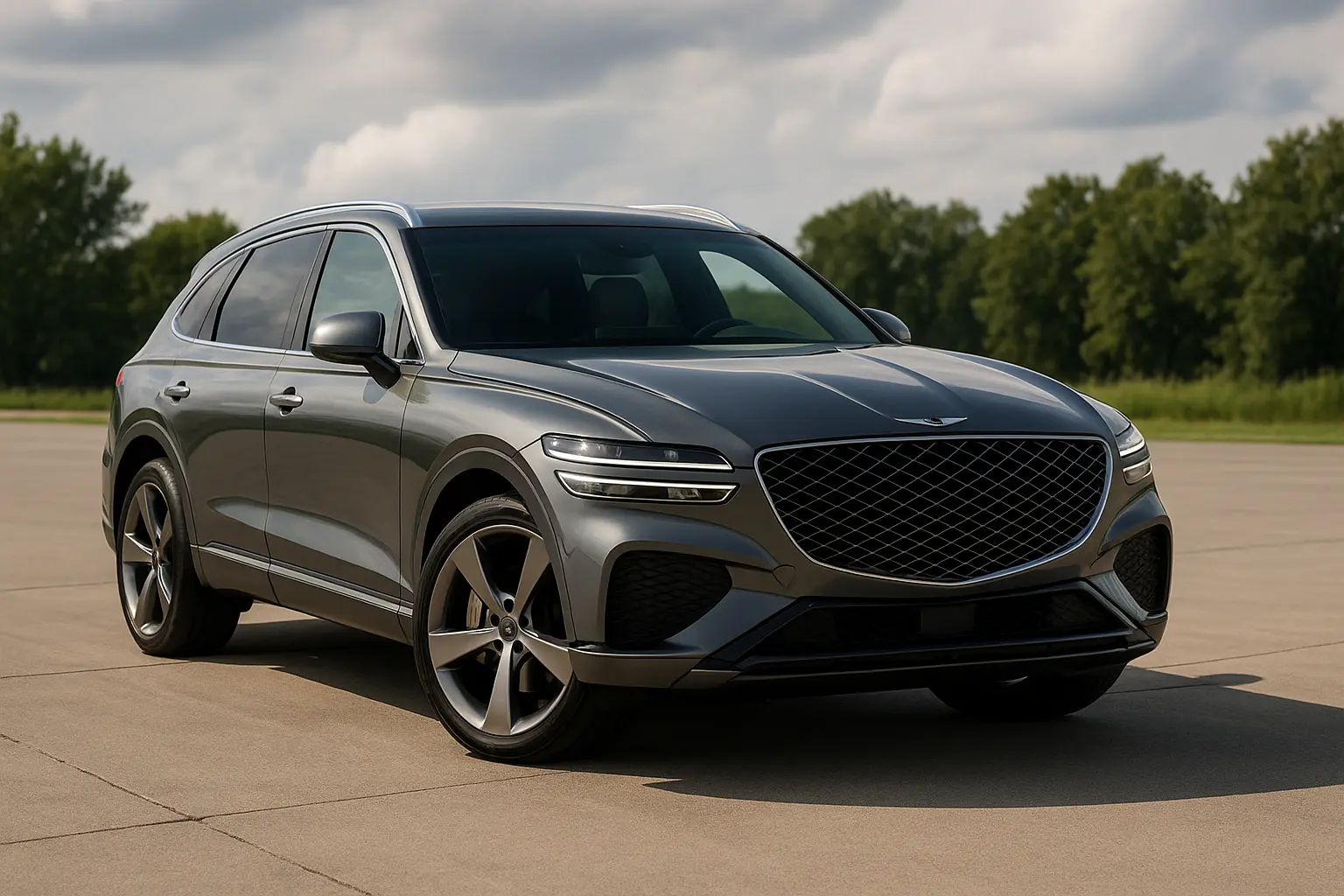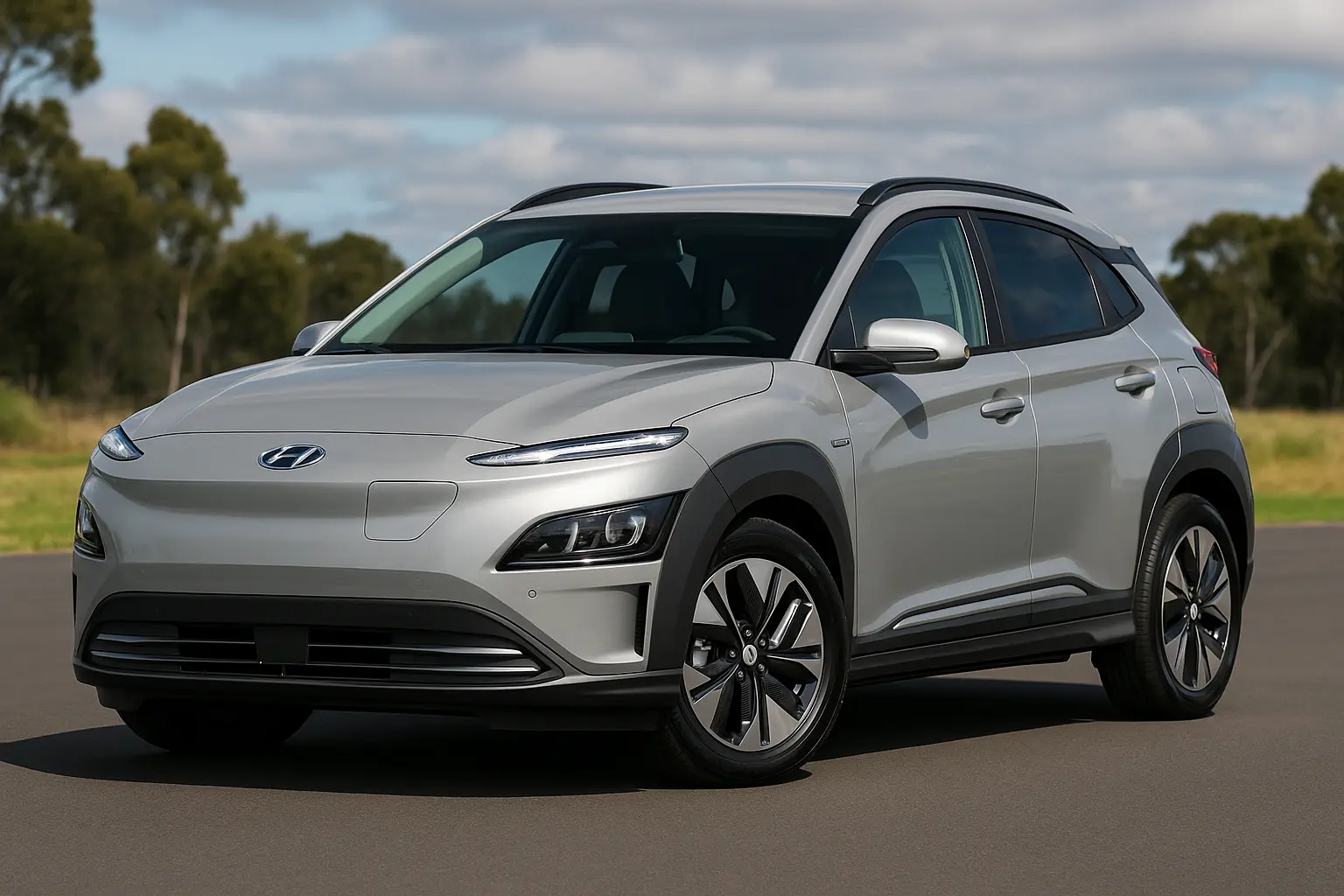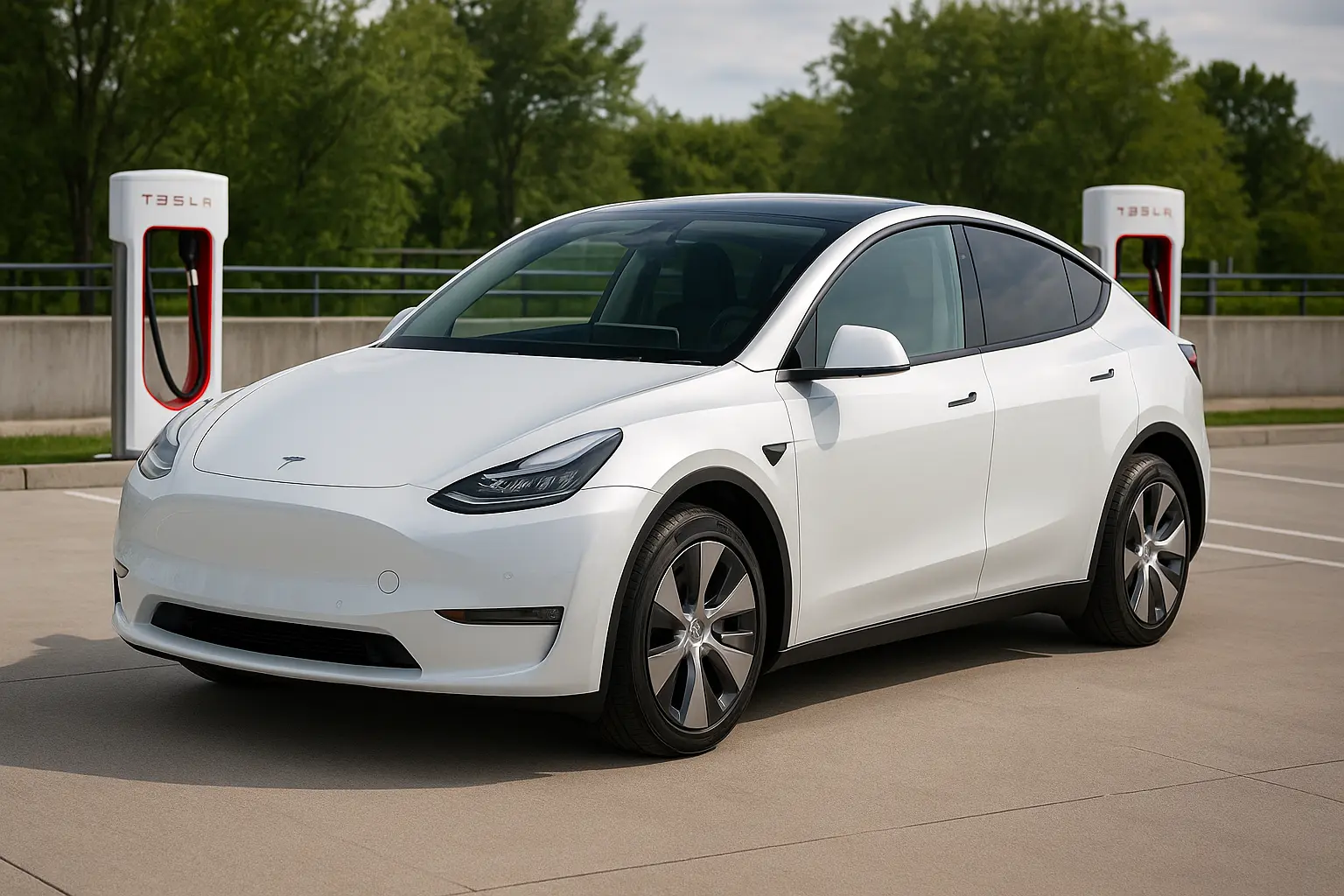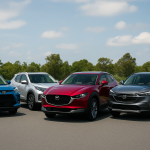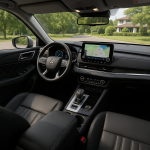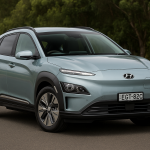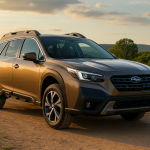Are Luxury SUVs Worth It in 2025? What Aussie Buyers Think
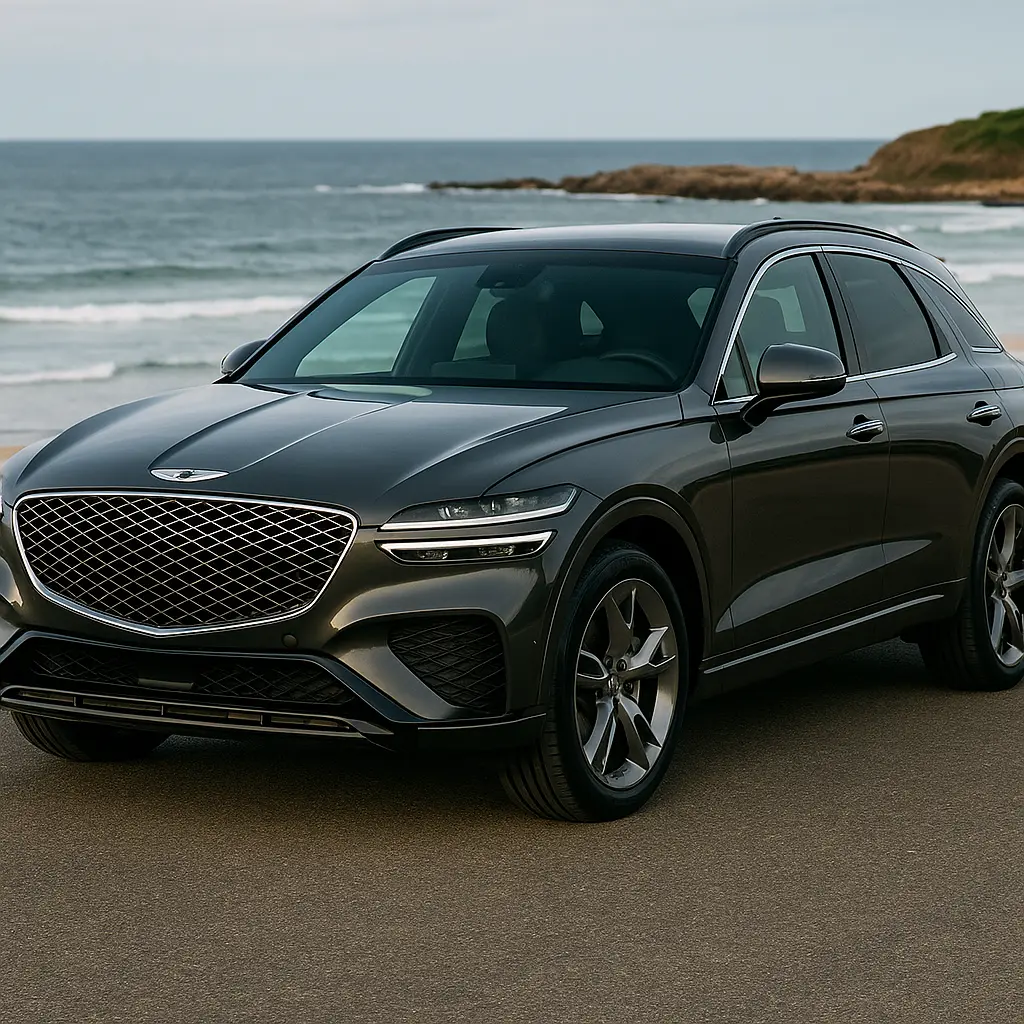
In 2025, Australians face an important question when shopping for an SUV: is a luxury SUV really worth the money? With prices starting from $80,000 and stretching into the high six figures, premium models promise top-tier comfort, cutting-edge tech, and performance—but at a steep cost.
But do Aussie drivers still value luxury SUVs the same way in today’s changing economy, or are priorities shifting? In this deep-dive guide, we explore:
What defines a luxury SUV in 2025
Real-world value vs perceived prestige
Ownership costs, resale value, and practicality
Opinions from Australian buyers
The best-value luxury SUVs right now
Let’s break it down.
What Makes an SUV “Luxury” in 2025?
Not every expensive SUV qualifies as truly luxurious. In 2025, luxury SUVs offer:
Advanced safety and driver-assist tech (level 2+ semi-autonomous features)
Premium interior materials like Nappa leather, suede, and real wood/aluminium trims
Performance options such as adaptive suspension, turbocharged or hybrid V6/V8 engines
Exclusive branding (think BMW, Audi, Mercedes-Benz, Lexus, Genesis)
Enhanced ride comfort and sound insulation
Bespoke or customisable design elements
More than just a badge, modern luxury now includes the software experience—seamless infotainment, over-the-air updates, and AI-enhanced interfaces. In this way, tech-forward newcomers like Tesla, Polestar, and Genesis are challenging long-time players.
Current Landscape: Luxury SUV Market in Australia (2025)
Luxury SUV demand in Australia remains strong despite rising interest rates and the EV shift. Why?
SUVs dominate Aussie roads – Over 55% of all new vehicles sold in 2024 were SUVs.
Prestige appeal – For many, a luxury SUV is a statement of success.
Tech leadership – Buyers are drawn to next-gen features often only available in premium models.
Flexible finance – With novated leases and balloon payment loans, luxury becomes accessible.
According to VFACTS data, these were the top-selling luxury SUV nameplates in 2024:
BMW X5 and X3
Audi Q5 and Q7
Mercedes-Benz GLC
Lexus RX and NX
Tesla Model X and Y (Performance variants)
Genesis GV70 and GV80
The Value Equation: Is Luxury Worth the Premium?
1. Performance vs Price
Most luxury SUVs offer powertrains that outclass mainstream rivals:
0–100 km/h in under 6 seconds (in some performance trims)
Adaptive or air suspension for smoother ride quality
Torque-vectoring AWD and drive modes
However, real-world usage in cities like Sydney or Melbourne rarely demands that level of performance. And many non-luxury SUVs (like the Kia Sorento GT-Line or Mazda CX-90) now offer near-luxury ride quality for less.
2. Technology Access
Luxury models tend to debut new driver-assist and cabin tech:
360-degree augmented camera systems
Head-up displays with navigation overlays
Multi-zone climate + ambient lighting
Digital key access and app-based controls
Yet, by late 2025, many mainstream brands have caught up with versions of these features.
3. Interior Fit and Finish
This is still where luxury SUVs win. Even entry-level trims in Mercedes, BMW, or Genesis feel a cut above—with quieter cabins, plush seating, soft-touch surfaces, and curated design.
Cost of Ownership: What Aussie Buyers Are Really Paying
Let’s talk about money. Luxury SUVs come with higher:
Purchase Price: $85,000–$200,000+
Comprehensive Insurance: Often $2,000–$4,000 annually
Service Costs: Even with capped pricing, expect $600–$1,500 per visit
Fuel or Charging Costs: Turbo V6/V8s are thirsty (14–18L/100km); luxury EVs can offset this
In the long run, total cost of ownership becomes a real factor—especially if you plan to own the vehicle beyond warranty (typically 5 years).
Resale Value: How Well Do They Hold Up?
Some luxury SUVs depreciate faster due to:
Rapid tech obsolescence
Expensive servicing out of warranty
Limited second-hand demand for high-maintenance vehicles
However, models with strong reputations—like the Lexus RX, BMW X5, and Tesla Model Y Performance—fare better in the used market.
What Australian Buyers Are Saying in 2025
We analysed reviews, owner forums, and buyer feedback from platforms like ProductReview, Drive, and CarsGuide to summarise recurring sentiments:
✅ Pros Aussie Buyers Love:
“Nothing beats the ride comfort and silence in my GV80 on long drives.”
“I use my X5 for both school drop-off and towing the boat. It’s versatile and quick.”
“The Lexus RX gives me peace of mind—feels like it’ll last forever.”
❌ Common Complaints:
“Insurance cost on my Q7 shocked me. Never again.”
“The tech was cool at first, but after a year it feels outdated.”
“The price gap between my Merc GLC and a top-end Kia Sportage? Not worth it in hindsight.”
Alternatives to Consider: Non-Luxury SUVs That Feel Premium
Many Australians in 2025 are opting for top-trim mainstream SUVs, which offer:
Great tech
Comfortable interiors
Better fuel economy
Lower ongoing costs
Top picks include:
Kia Sorento GT-Line
Hyundai Palisade Highlander
Mazda CX-90 GT or Azami
Toyota Kluger Grande Hybrid
Skoda Kodiaq RS
Subaru Outback Touring XT
These deliver 80–90% of the luxury experience at 60% of the cost.
The Electrification Factor: Luxury EV SUVs in 2025
Luxury EVs are reshaping the segment. Brands like Tesla, BMW, Audi, Mercedes-Benz, and Genesis now offer electric SUVs that combine:
Instant torque
Near-silent operation
Advanced software features
Lower running costs
Top contenders include:
BMW iX – Bold design, premium interior, 600km+ range
Tesla Model X – Still the tech leader for many
Genesis GV70 Electrified – Quiet, refined, and luxurious
Audi Q8 e-tron – Understated design, refined drive
Mercedes EQE SUV – Next-level cabin tech
However, charging infrastructure remains a concern for rural/regional buyers.
Verdict: Who Should Buy a Luxury SUV in 2025?
✅ Luxury SUVs Are Worth It If:
You prioritise ride comfort and interior quality
You want status, prestige, or branding
You can afford the higher ongoing costs
You’ll make the most of advanced features
You want an electric SUV with premium feel
❌ You May Be Better Off With a Mainstream SUV If:
You want value for money above all
You drive mainly short urban routes
You’re budget-conscious on insurance, fuel, and servicing
You don’t need badge prestige
Our Top 5 Picks for Value-Focused Luxury SUVs in 2025
| Model | Price (Approx) | Standout Feature |
|---|---|---|
| Genesis GV70 2.5T AWD | $75,000 | Exceptional cabin, strong value |
| Lexus RX 500h F Sport | $97,000 | Hybrid performance + reliability |
| BMW X5 xDrive30d | $122,000 | Balanced performance + comfort |
| Tesla Model Y Performance | $90,000 | Tech-forward, cheap to run |
| Audi Q5 45 TFSI Sport | $85,000 | Classy yet practical |
Final Thoughts: Balancing Emotion and Economics
Buying a luxury SUV in 2025 is as much about emotion as it is logic. For some Aussies, the premium experience is worth every cent. For others, top-trim mainstream SUVs are the smarter choice.
Ultimately, ask yourself:
Am I buying for daily use or for status?
Will I keep this SUV long-term or lease it short-term?
Does this vehicle make me feel good every time I drive?
If the answer is yes—and your budget supports it—a luxury SUV can absolutely be worth it.
But if you're chasing function over flash, there are now more premium-feeling options for less.
Leave a comment
Your email address will not be published. Required fields are marked *


